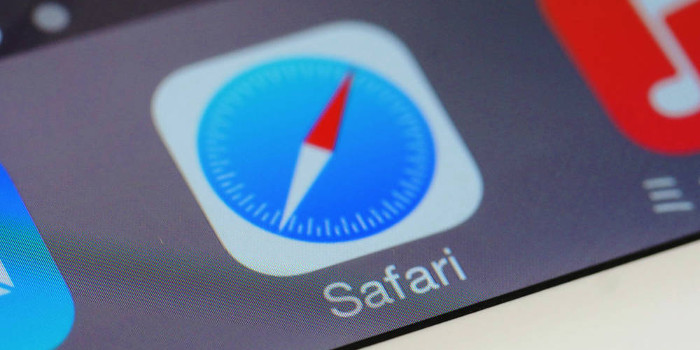
Cybercriminals use spyware to record keystrokes, copy files, read emails and much more. One of the best ways to keep spyware off your devices is to use an anti-spyware program. Here are six things to consider when selecting one.
Spyware is a type of malware that can send chills up the spine of even the most hard-core Internet user. Once it is on your device, cybercriminals can use it to record your keystrokes, make copies of your files, snap pictures, read your emails, and much more — and you’ll be unaware this is occurring because spyware runs silently in the background. The information it collects about your activities is then sent to the cybercriminals via your Internet connection. They often use the information to steal money, personal data, and intellectual property.
One way to minimize the risk of being spied on is to use an anti-spyware program, which detects and removes spyware. You might already have one installed on your device and not realize it, as many security solutions include spyware protection.
If your security solution does not offer this protection, you can purchase and install a standalone anti-spyware app. All anti-spyware programs are not created equal, though. Here are six considerations to keep in mind when selecting one:
- Is the Anti-Spyware App from a Reputable Provider?
Many free and paid anti-spyware programs are available. Some free apps, though, contain spyware or other types of malware. For this reason, you need to research any anti-spyware app you are considering, especially if it is free. In addition, you should obtain the anti-spyware program directly from a reputable vendor’s site or another trusted source. Don’t get it by clicking links in Internet ads, pop-up ads, unsolicited emails, or untrusted sites.
- Is the App Compatible with Your Existing Security Solution?
If you already have a security solution on your device, you need to make sure the anti-spyware program you are adding is compatible with your existing security solution. Conflicts can slow down your device and leave you less protected.
- How Big is the Database?
Anti-spyware apps detect spyware using heuristic (rules-based) methods or downloaded definition files that identify known spyware programs. If an app uses definitions files, you need to make sure the provider’s database has a sizable number of definitions and it is continually updated. The larger the database, the more spyware the app can identify and remove.
- Does the App Support Automatic Updates?
Like other forms of malware, spyware is continually evolving. Reputable providers of anti-spyware programs know this, so they are constantly updating their code and their databases (if applicable). While all providers will offer updates, it is best to choose an app that features automatic updates. Manually downloading and installing updates can be time-consuming and risky if you forget to do so.
- Does the App Actively Monitor the Device?
Some anti-spyware programs detect and remove spyware only when you manually perform a scan. A better alternative is to use an app that actively monitors the device to find and remove spyware. That way, the spyware might not be installed in the first place.
- How Effective Is the App at Detecting and Removing Spyware?
An anti-spyware app needs to be good at detecting and removing spyware. You don’t want an app that fails to detect a lot of spyware programs or gives many false-positives (i.e., it says a program is spyware but it isn’t). Plus, the app needs to effectively detect and remove spyware without affecting your device’s performance or your productivity. Sorting out which apps are the best at detecting and removing spyware requires research. We can help you research and sort through the options so you have the best anti-spyware app on your device.
spyware-2319403 flickr photo by Arch’educ shared into the public domain using Creative Commons Public Domain Dedication (CC0)



